
People’s feelings about animals are very personal and can vary a lot. Some might avoid animals due to allergies or fears—while others just don’t find them interesting. But it’s worth exploring why someone might hate them without a clear reason. How a person treats critters can reveal much about their personality and values. Here are the top 15 red flags about people who dislike animals.
Avoiding New Experiences

Interacting with different animals can broaden your perspective. Avoiding animals might show a lack of openness—limiting personal growth and understanding. Not being willing to learn from new experiences can reduce your adaptability and make it harder to face challenges. This kind of rigidity can stifle creativity and block effective problem-solving in both professional and personal areas.
Missing Out on Joy and Laughter
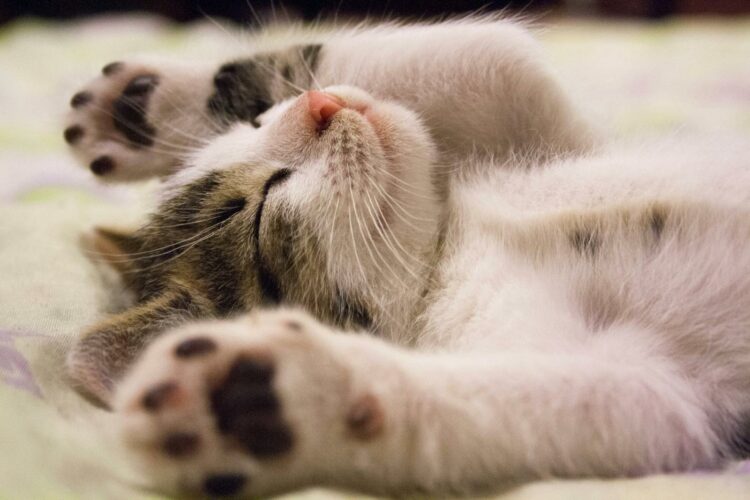
Animals often bring joy and laughter into our lives. Ignoring this source of happiness can indicate a detached personality. Lacking joy can lead to strained and unfulfilling personal interactions. Joy and humor are super important for reducing stress and building connections with others. Without them—social interactions can become dull and uninviting.
Lack of Empathy
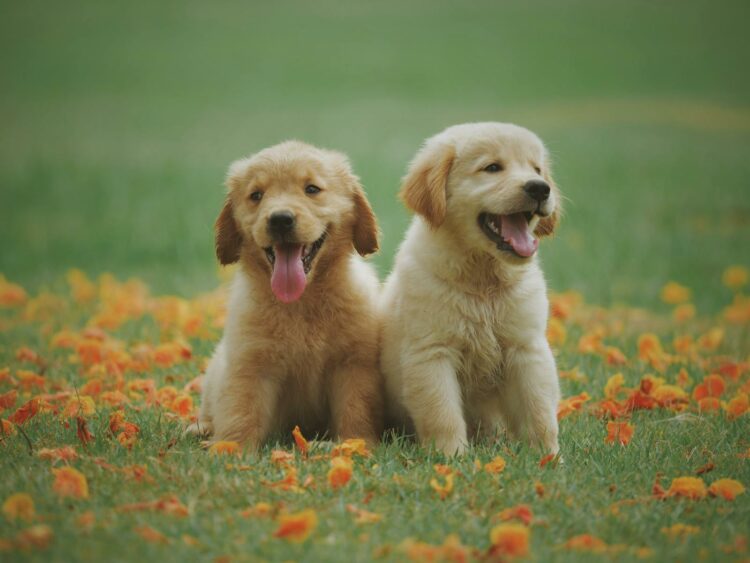
People who aren’t interested in animals often lack empathy. They might not understand or react to others’ feelings. This can affect their interactions with people—making them less caring. If someone can’t empathize with an animal’s needs, they might also struggle to recognize or appreciate the emotions of those around them. This ability is essential for developing trust in relationships.
Cold and Unfeeling
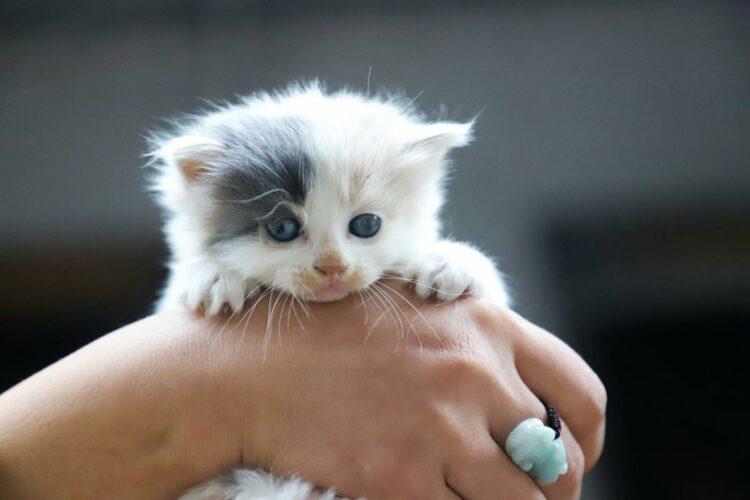
When you love animals, it shows how compassionate you are. People who are indifferent towards animals might also extend the same treatment towards humans. They often struggle to sympathize with others’ suffering and tend to focus only on themselves—ignoring everyone around them. This self-centered attitude can be very problematic in terms of family or team dynamics.
Closed Off to Emotional Connections
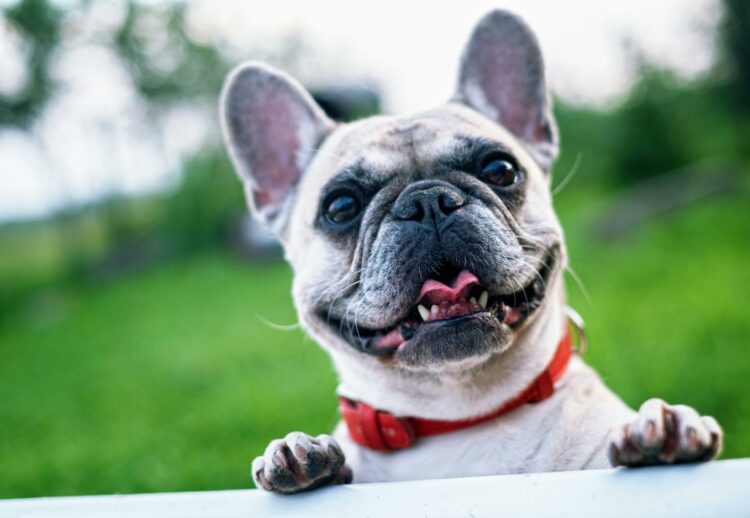
Taking care of animals and emotionally investing in them shows our vulnerabilities. People who avoid animals may also avoid being open with others, which can hinder forming real relationships. Being open to vulnerability is crucial for building strong connections. If someone hesitates to engage at this level, it can result in superficial relationships that lack trust and emotional depth.
Irresponsible and Unreliable

Think about having a pet and looking after it. It shows you’re responsible for your pet and somewhat accountable for what it does. People who don’t like animals are often irresponsible and unreliable in personal relationships. They lack a sense of responsibility, which causes them to fail to keep promises and disappoint teams in the end.
Difficulty Forming Bonds

Animals often help us connect emotionally with others. If someone avoids animals, they might also find it hard to form close, meaningful relationships with people. This difficulty in bonding can lead to feeling alone and lacking the social support that’s super important for emotional well-being. Trust grows from strong connections; without them, relationships can feel shallow and unsatisfying.
Impatient and Irritable

If you have a pet dog or cat, you know that dealing with animals requires patience. If you’re impatient with your pet, you might get easily frustrated with people, which can seriously harm relationships. Patience is very important in relationships because it fosters understanding and tolerance. Without it—conflicts can arise, and communication can break down.
Unkind and Unsympathetic
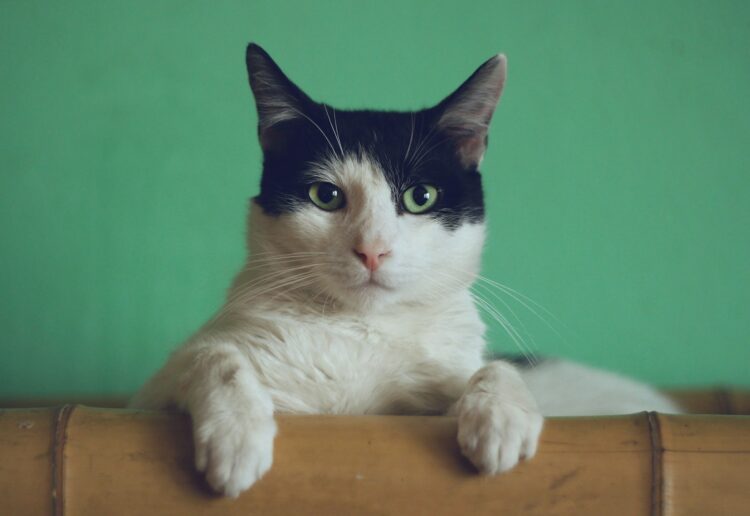
Imagine seeing an injured animal on the road. Do you feel sympathy for it? If not, you should. Being unkind to animals can indicate harsh or uncaring behavior towards humans. Kindness is super important for building trust and cooperation—which is essential for successful teamwork and family relationships. Without kindness, social interactions can become very tense and ineffective.
Poor Control of Anger
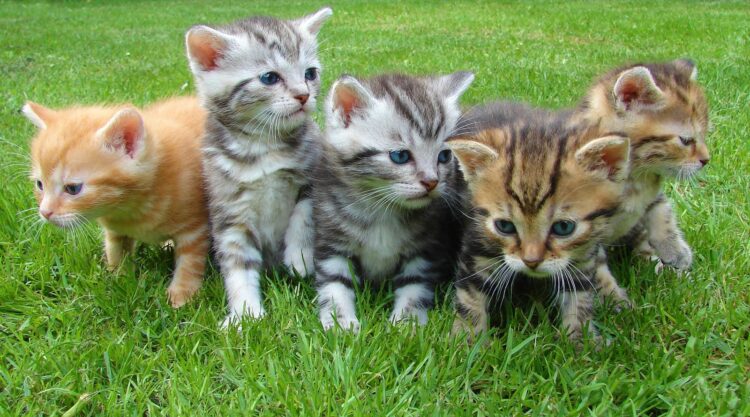
Do you ever feel like hitting your dog when he chews on your favorite shoes? Do you get super upset when your dog barks for no reason? Reacting negatively or angrily towards animals may suggest difficulties in managing emotions. These individuals might also struggle with outbursts or aggression in other areas of life. Managing anger is very important for maintaining peaceful interactions.
Quick to Judge
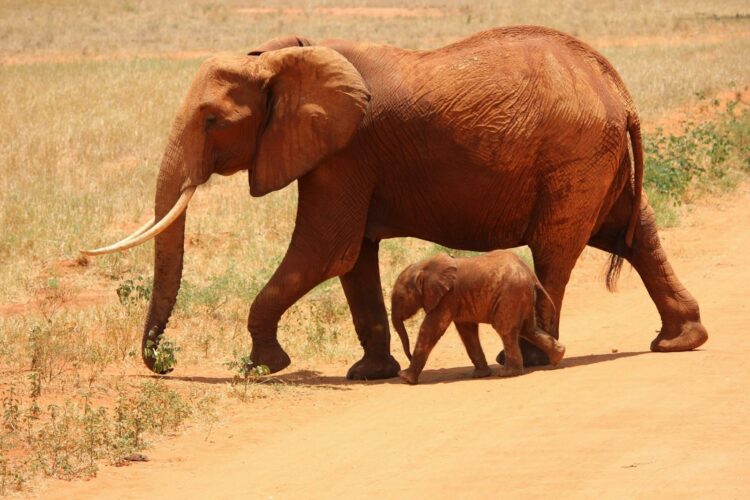
Thinking of animals as ‘dirty’ or ‘unpleasant’ may mean you judge people superficially, too. You might start seeing some folks as not ‘clean’ or ‘good’ enough. This kind of thinking can weaken trust and close relationships. Relationships based on quick judgments can easily break under pressure. Seeing beyond first impressions is key to understanding and valuing others deeply.
Afraid of Commitment
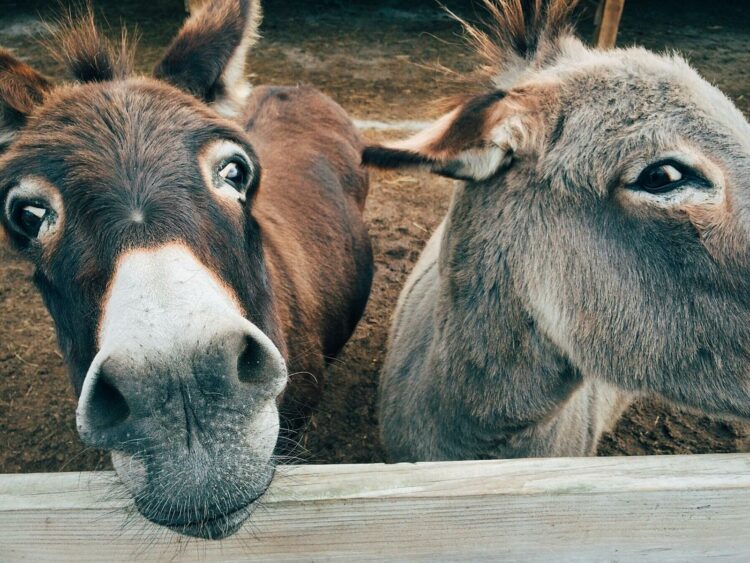
Losing someone dear is always hard—whether it’s a pet or a person. Some people avoid getting too close to protect themselves from emotional hurt. Fear of forming bonds can lead to a solitary life and stop the joy of deep, trusting relationships. This avoidance can also show up as trouble committing in personal and work relationships.
Inflexible and Stubborn

Taking care of animals often means adjusting your daily routines. You need to feed, walk, bathe, and spend time with them. If you’re not willing to adapt for animals—it might show you’re inflexible with people too. Flexibility is very crucial for building good relationships, whether at home or work. People who can’t adapt may find it hard to collaborate and deal with changes and problems.
Self-Centered and Inconsiderate
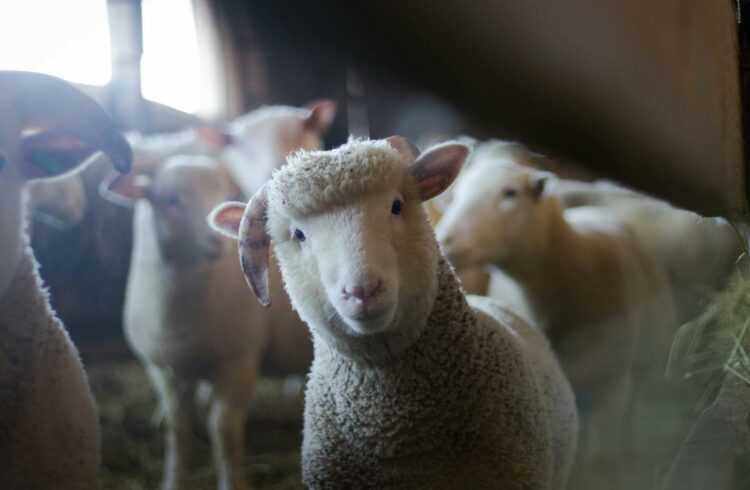
Taking care of your pet sometimes means putting their needs before your own. If you can’t do this, you might be selfish in general. Selfish people often prioritize their own wants over others—which can cause conflicts and a lack of support in relationships. This toxic trait can be especially harmful in leadership or team environments.
Socially Isolated

People who avoid animals often prefer being alone, which can make it super hard to socialize and build trust with others. Isolation can stop them from learning interpersonal skills and understanding—which are vital for good relationships. Being social makes life more fulfilling and helps people understand each other better, so being isolated can hold you back.

